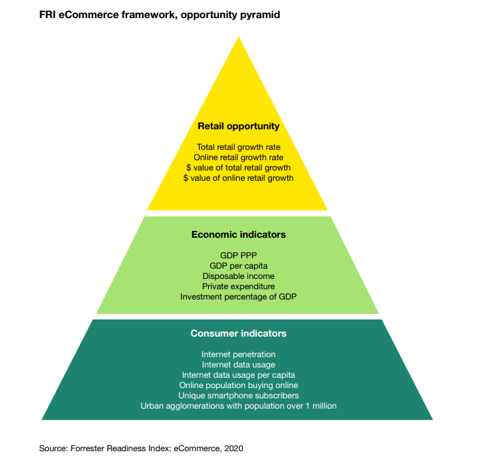
As the coronavirus cases spreads around the country, small business owners are beginning to feel early impacts, such as supply-chain problems and lost sales.
New data from the National Federation of Independent Business show that the current effects may be limited, but worries are big.
The group found that 74% of small businesses say they are not yet impacted by the pandemic, while 23% say they are being negatively affected. Just 3% report positive impacts. The group polled a random sample of 300 of its 300,000 members on Tuesday and Wednesdayfrom employers with up to 120 workers.
Of those who said they were not being impacted, nearly half anticipate the outbreak to affect their business if the virus spreads to or more broadly within their immediate area over the next three months.
Among the businesses that said they were being hurt, 42% reported seeing slower sales, while 39% were experiencing supply-chain disruptions. Just 4% said they had sick employees, which is likely out of “heightened concern and precautions with sick employees showing some sign of cold or flu-like symptoms, not necessarily that they have tested positive for the virus,” the NFIB said.
“The impact is limited to those who are seeing slower sales and disruptions in the supply chain, whether they are in construction or retail or manufacturing,” said Holly Wade, NFIB’s director of research. “Owners have heightened awareness and say they see the potential for disruption if the outbreak escalates or spreads to their region.”
The findings come as small business optimism had been near historic highs, as seen in the group’s latest polling in its monthly optimism index, done prior to the sharp rise in confirmed coronavirus cases in the U.S.
Laurie O’Hara, founder and CEO of Olita, an all-natural and organic skin-care company based in San Rafael, California, said she sells nationwide on Amazon and to surf shops and beach boutiques, as well as in hotels, resorts, grocery stores and pharmacies. The company has a large footprint in Hawaii and a growing presence in California and Florida. O’Hara has had two trade shows cancel, costing her out-of-pocket cash, and Olita has also experienced shipment delays.
“We did lose one purchase order, which is unfortunate because it was a big one,” O’Hara said. “We manufacture everything in the United States, and yet our supply chain is being disrupted as well — this global supply chain affects every level of business whether your products come from China or Italy or everything’s manufactured right here in the U.S.”
O’Hara projects her opportunity cost loss is likely $50,000 and she’s lost an immediate $10,000 out of pocket — a hefty sum for a company of five.
“I am reaching out proactively to buyers, letting them know there may be delays. Everyone has been so understanding because it’s affecting everyone, not just in our country, but in the world,” she said. “I am really hoping this starts to normalize and the supply chain gets back on track soon.”
The Small Business Administration announced guidelines Thursday for small business owners who are affected by COVID-19. The agency said it will work directly with state governors to provide low-interest disaster recovery loans to businesses that are severely impacted.
Once a request is received from a governor, the SBA will issue an Economic Injury Disaster Loan Declaration. Up to $2 million in loans are available to small businesses and private nonprofit organizations in designated areas to help overcome the “temporary loss of revenue” they are experiencing, the agency said.
The NFIB’s polling shows that few small business owners in its membership have been actively seeking credit — just 2% of owners reported that all borrowing needs were not satisfied in February, matching the survey’s record low, while 32% said all credit needs were met and more than half said they were not interested in a loan.
“Credit conditions are extremely favorable to small business owners — the nature of this disruption is very different than 2008, where it hit the financial industry,” Wade said. “The uncertainty element of how this might work itself out is what’s of concern here.”

